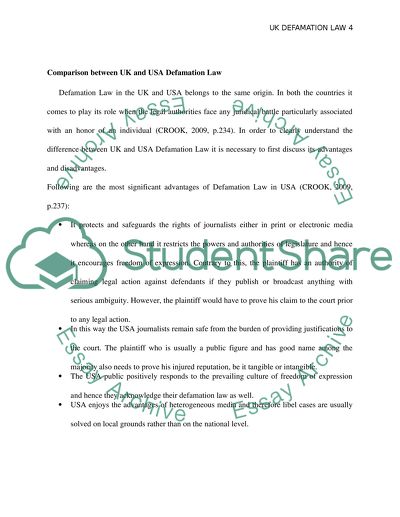Cite this document
(“UK defamation law : does it place an unwarranted restriction on our Essay”, n.d.)
Retrieved from https://studentshare.org/law/1484571-uk-defamation-law-yt-does-it-place-an-unwarranted
Retrieved from https://studentshare.org/law/1484571-uk-defamation-law-yt-does-it-place-an-unwarranted
(UK Defamation Law : Does It Place an Unwarranted Restriction on Our Essay)
https://studentshare.org/law/1484571-uk-defamation-law-yt-does-it-place-an-unwarranted.
https://studentshare.org/law/1484571-uk-defamation-law-yt-does-it-place-an-unwarranted.
“UK Defamation Law : Does It Place an Unwarranted Restriction on Our Essay”, n.d. https://studentshare.org/law/1484571-uk-defamation-law-yt-does-it-place-an-unwarranted.


